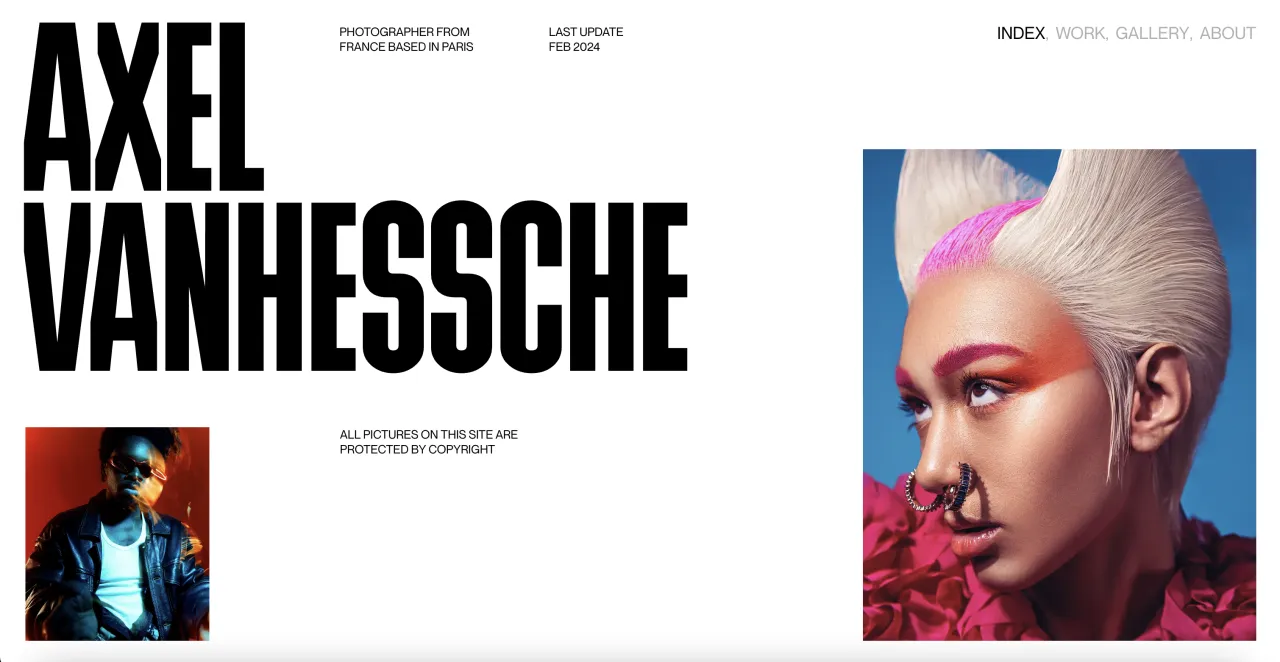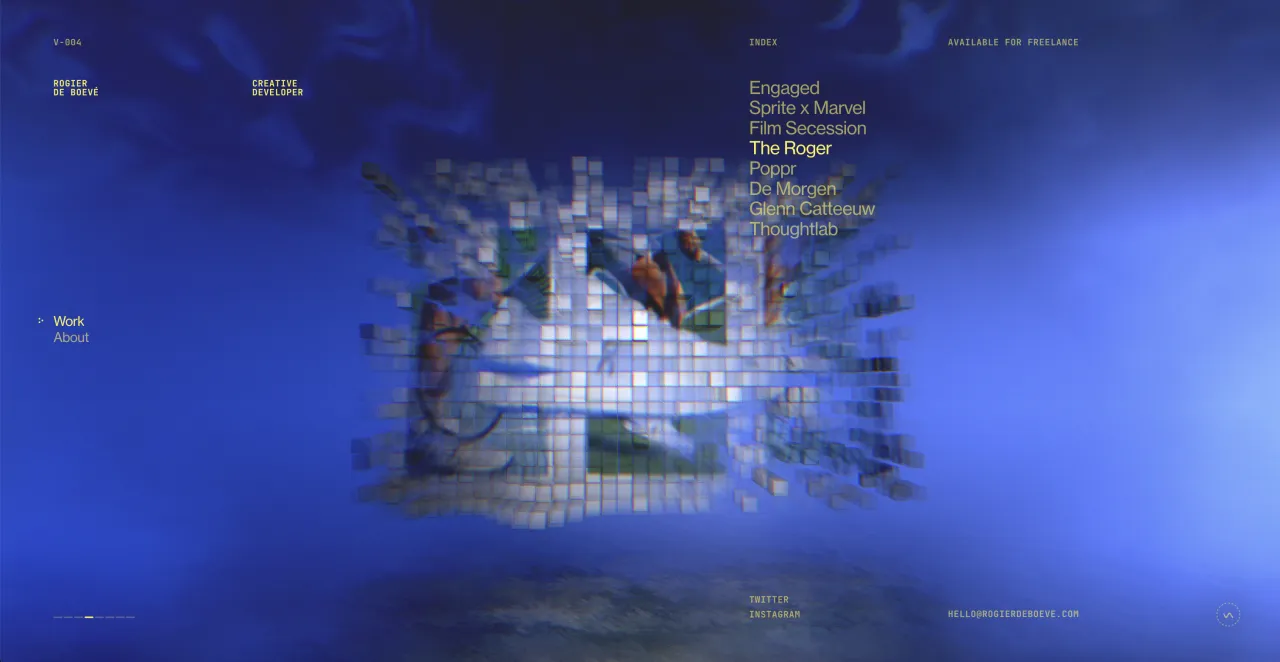Iphone Photography Awards Winner, Jashim Salam: Spotlight on Rohingya Refugees
Another story that touched me personally, and a photographer that illuminated a news story that has been hidden in the dark corners of the Internet. Jashim Salam is the winner of iPhone Photography Awards, who received the title of ‘Photographer of the Year’ as the grand prize of the contest.
Jashim’s winning photograph was taken in Ukhiya, where hundreds of thousands of refugees flee to from Myanmar. In one of the greatest tragedies of the century, Rohingya crisis has been in the news but quickly swallowed up by other stories around the world. Today we talk to Jashim and discuss the world’s fastest growing refugee crisis. Here is the story behind the winning photograph.
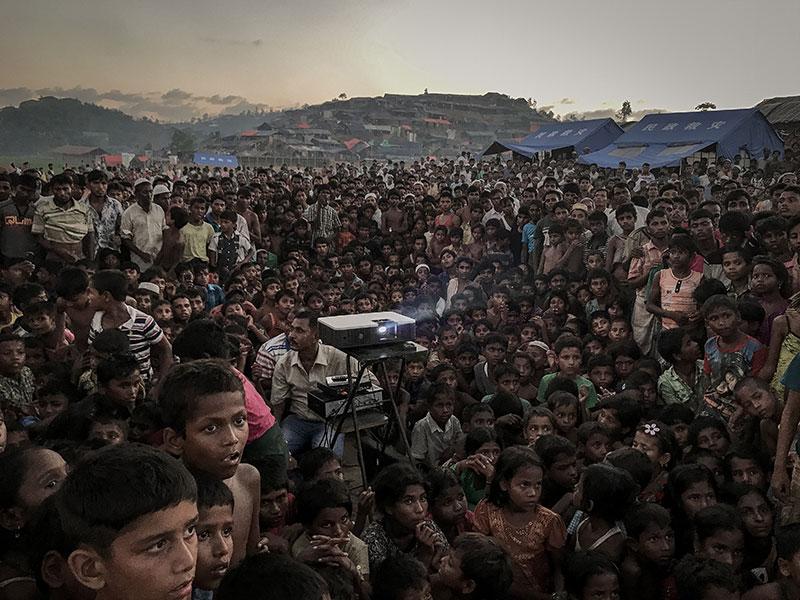
Tell us a little bit about yourself and your background.
I’m a documentary photographer and freelance photojournalist from Bangladesh. I graduated with a degree in photography from Pathshala, The South Asian institute of Photography and Media Academy. I also studied a Post Graduate Diploma in Visual Journalism through a scholarship program of World Press Photo at the Konrad Adenauer Asian Center for Journalism (ACFJ) at Ateneo De Manila University in the Philippines.
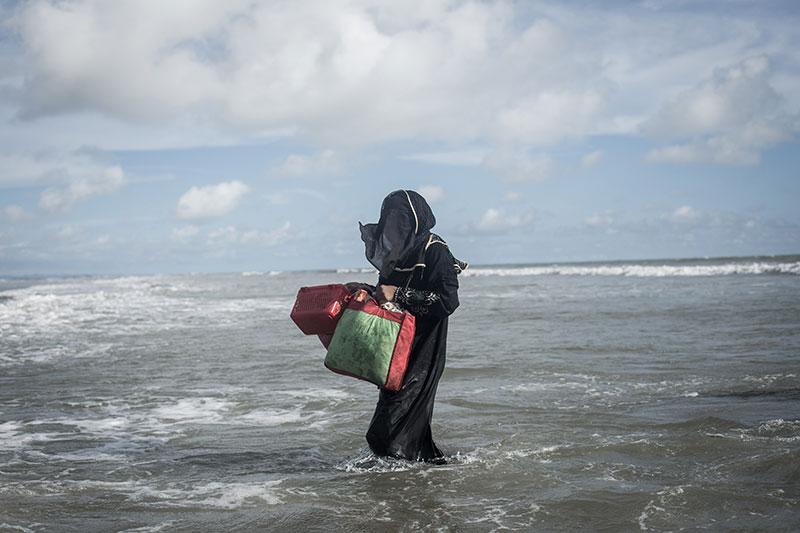
Do you often shoot with your phone? What kinds of situations make you switch between your phone and a DSLR?
I often shoot with iPhone as well as 35mm film/DSLR for my personal project. For client’s assignment I shoot with a DSLR.
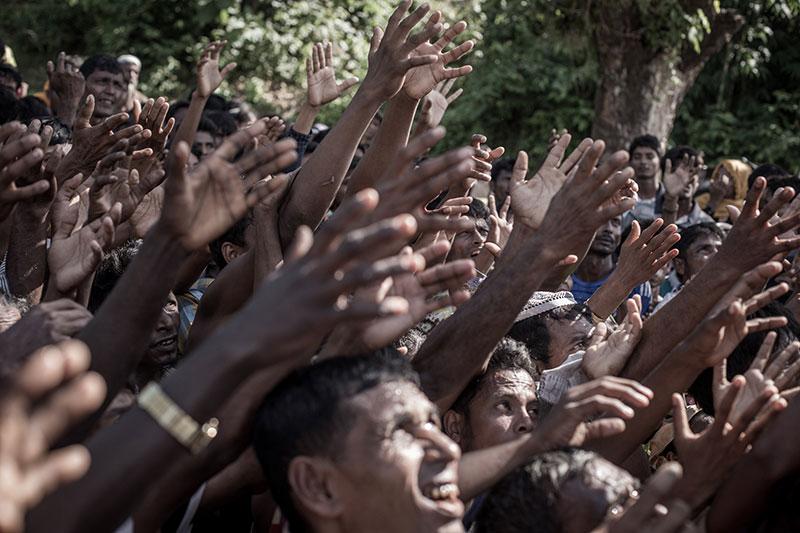
What’s the story behind your winning photograph for IPPAwards?
Rohingya children watching an awareness film about health and sanitation near Tangkhali refugee camp in Ukhiya.
Around 380,000 are minors, according to Save the Children, the international aid organization. At least 30 percent of the refugee population is younger than 5. And the threat to young lives doesn’t end when they cross the border.
UNICEF says that 7 percent of children in the camps are suffering from severe acute malnutrition, a condition from which they will die unless they get proper care. That figure is three times higher than in other recent humanitarian emergencies.
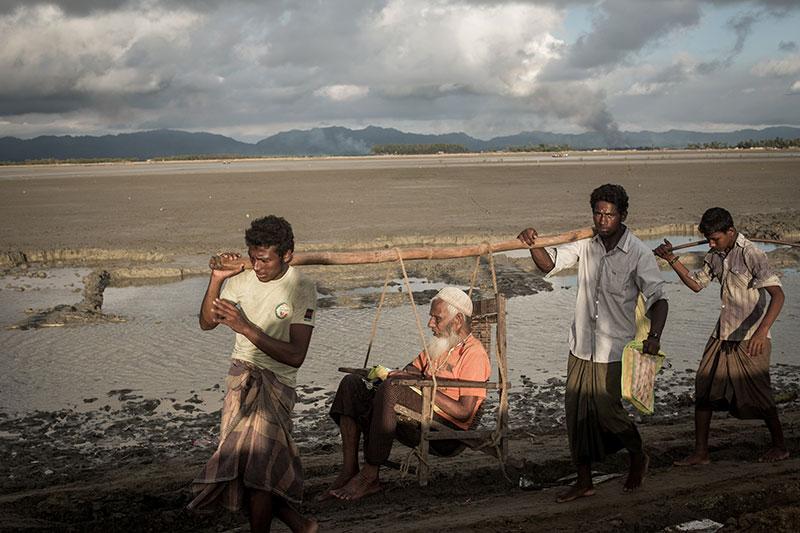
Outbreaks of communicable diseases, such as measles and diphtheria are sweeping through the overcrowded camps, which, with the recent influx, now house more than 800,000 Rohingya refugees.
Other dangers lurk in the disorderly setting of the camps, including traffickers and others looking to exploit and abuse the young and vulnerable.
Hundreds of thousands of Rohingya children will grow up both stateless and homeless an untethered life of displacement that bodes ill for a people already wounded by decades of military persecution in Rakhine State.
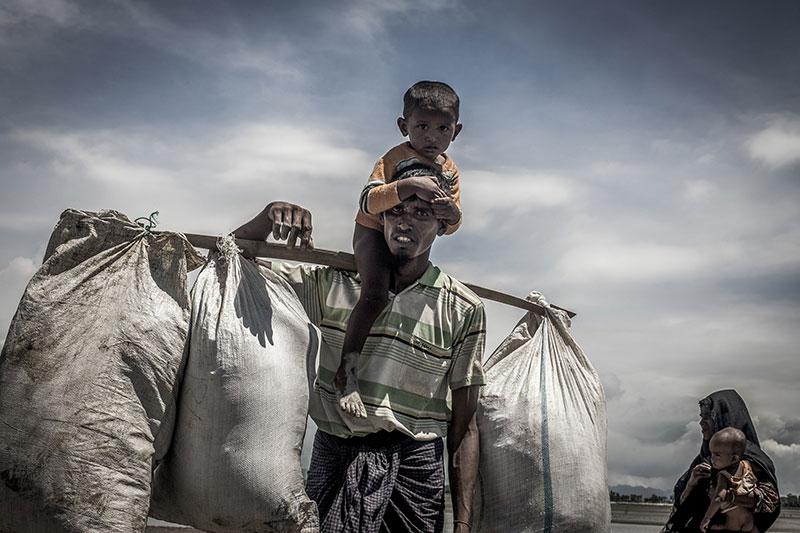
How were you involved with the Rohingya refugees in Ukhia?
I’ve been documenting Rohingya who have fled to Bangladesh since the Myanmar military began its crackdown in late August, 2017.
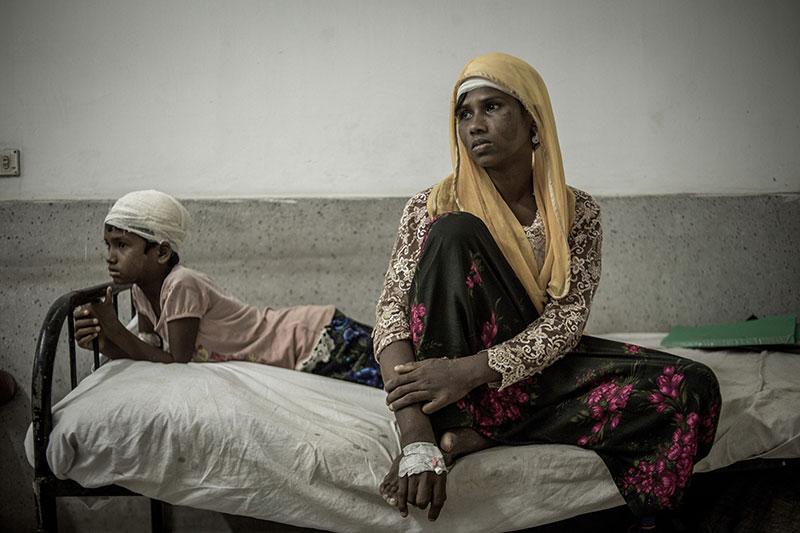
What kinds of themes are you interested in exploring with your photography projects?
The essence of human emotions and the surrounding story are important, it doesn’t necessarily have to be hardcore content on the story, subtle, trivial even daily life of emotions are wonderful and engage me to explore life.
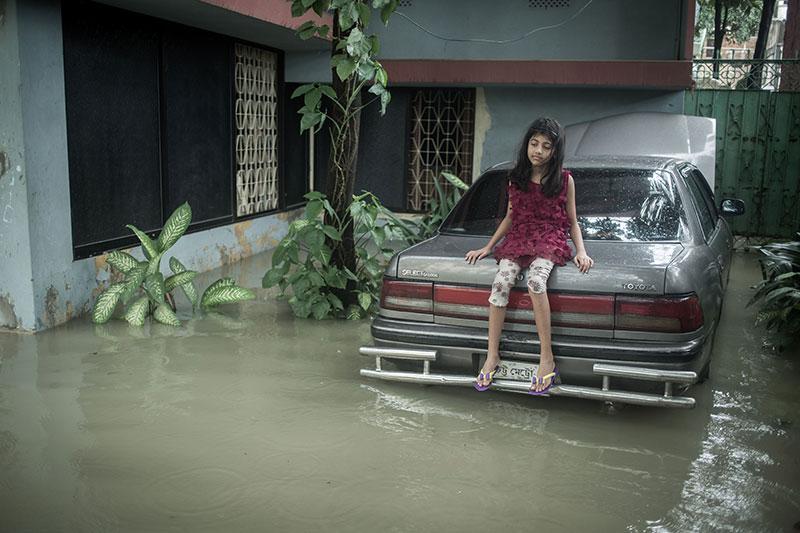
What’s the bigger idea or message you’d like to send out to the world with your photography?
I find myself as a storyteller and photography is a medium to convey my story to the audience, like a poet tells his story with his poetry and a writer tells story with a novel.
The power to capture the essence of human emotions and the surrounding story of life persuaded me for photojournalism and documentary.
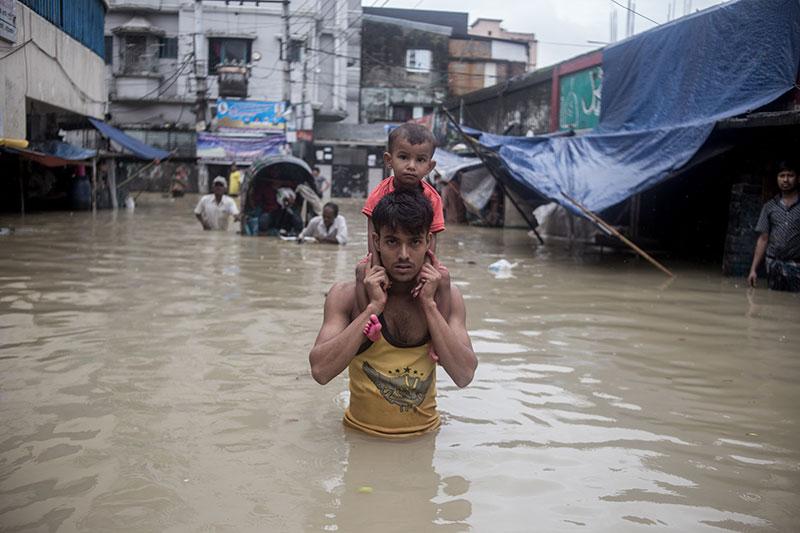
Where have your travels taken you so far?
Europe, USA and some Asian countries.
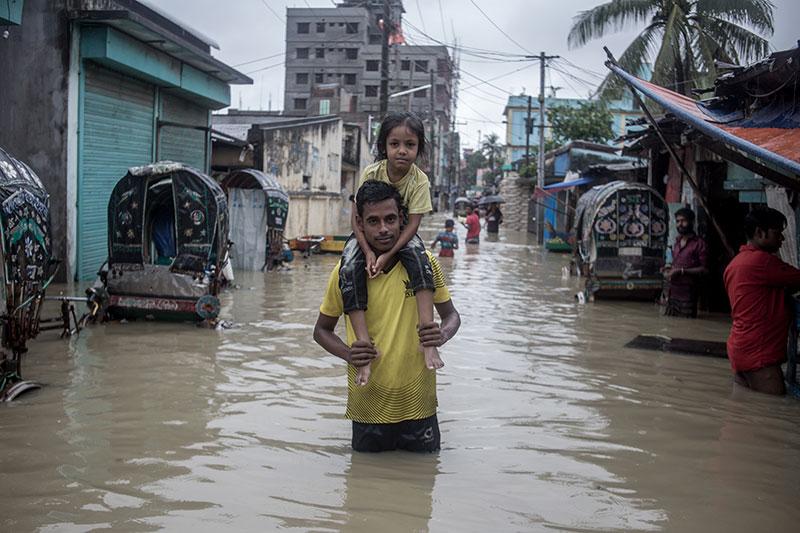
What would you consider your biggest achievement in photography so far?
The greatest highlights in one’s professional career as being a photographer are when his work becomes the iconic impetus for a significant positive change in his society. Although photography can’t change everything drastically, still it’s impact in the society is very significant.
Achievements is always inspirational for the artist to work even more intense and go forward, I am no exception in this matter. But to represent my country with my work is satisfying more than anything else.
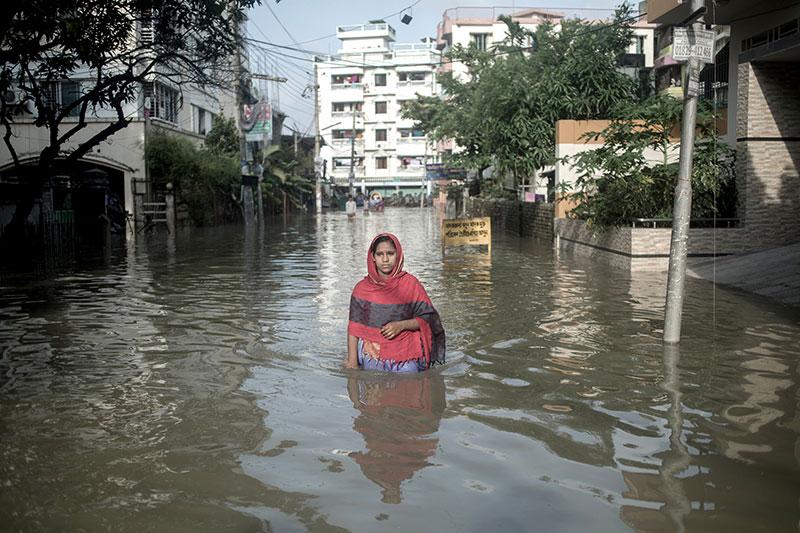
How do you feel after your IPPAwards win? What are your thoughts on the contest itself?
It is always pleasing to be recognized with the work you do. I’ve never participated in IPPAwards before. This is the first time.
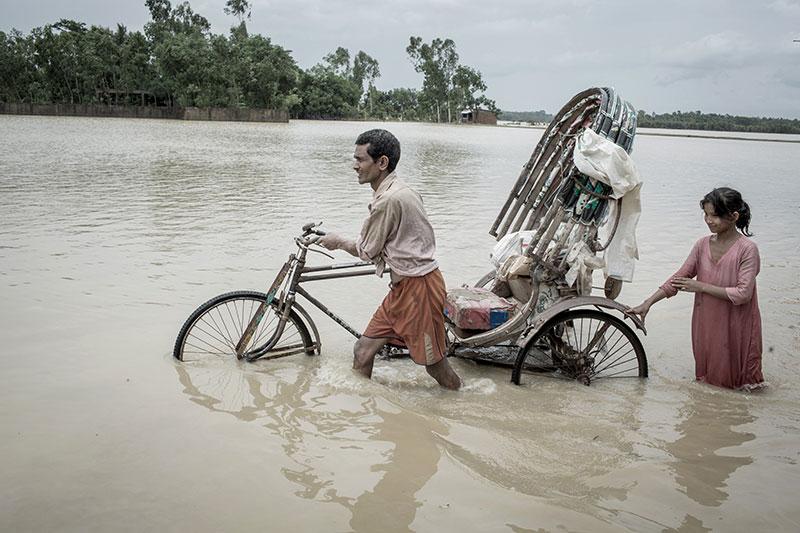
What advice would you give photographers that might want to participate in the contest next year?
Photography has become a language of self-expression for many people. This language that is unconventional, bold and provocative becomes eloquent and expressive. These photographs tell so many stories of life, of beauty, of dreams and of the photographers. With the advent of cellular technology, photography is now an art form for and of the mass.
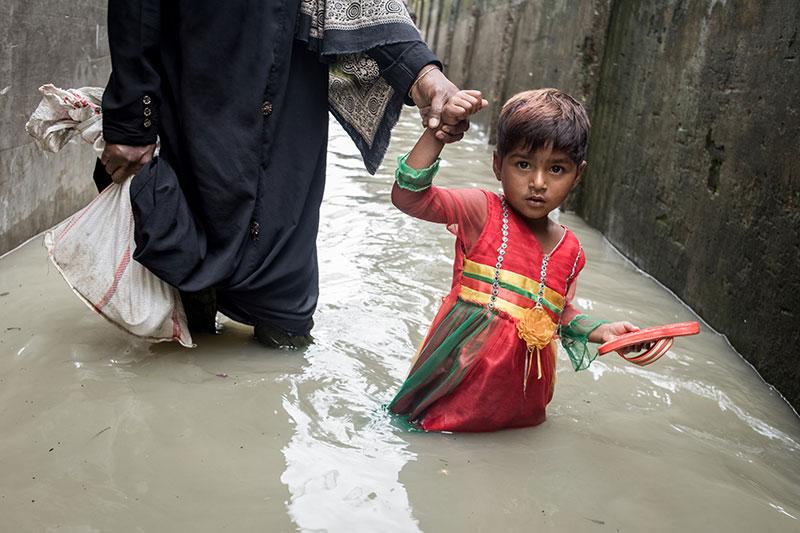
Photography is not about taking photographs only with your camera, it’s about your understanding, education, society that you belong and the person you are. Be yourself and reflects it in your photographs.
